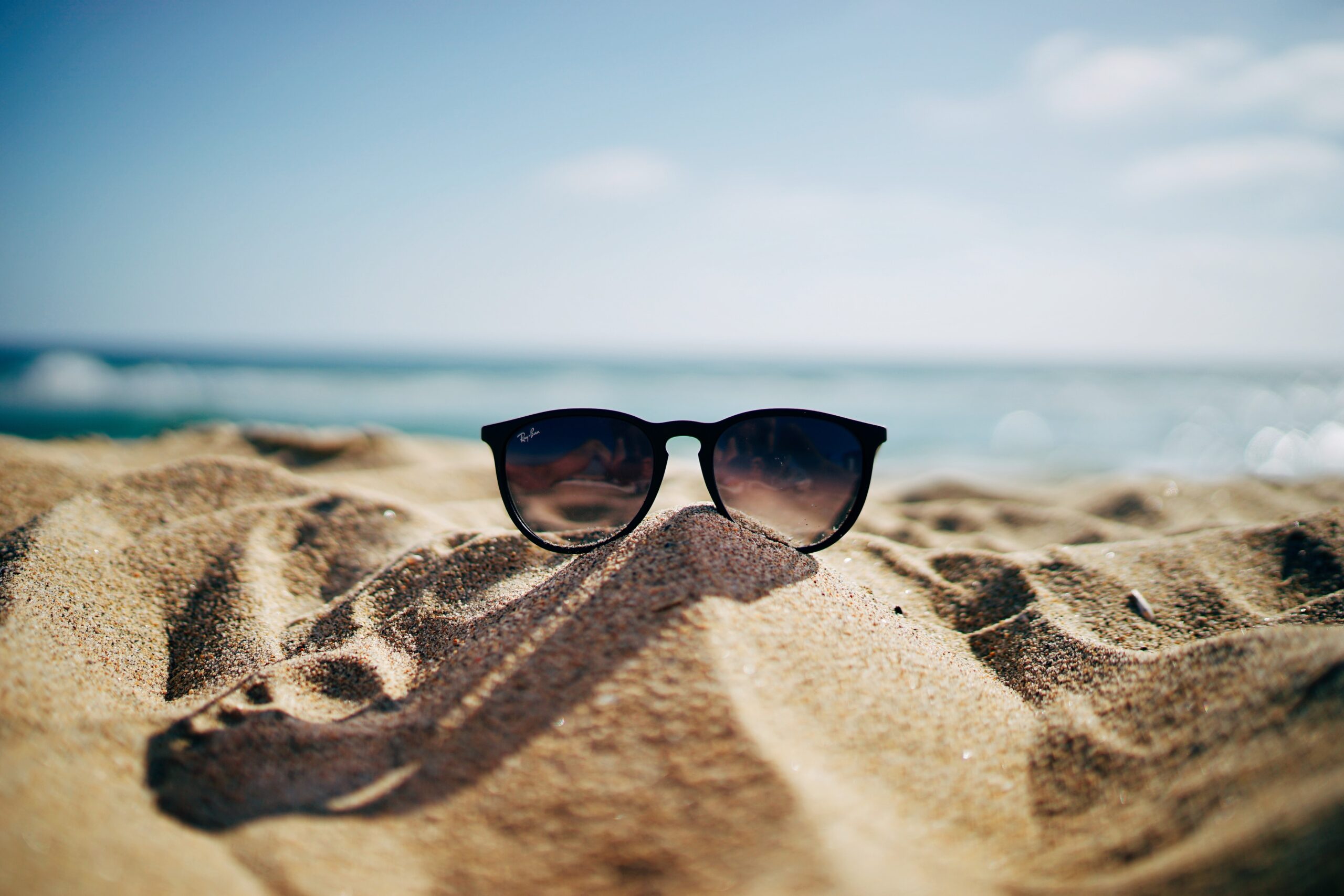
In recent weeks, we have been experiencing extremely hot weather with unusually high temperatures here in the UK, and it is important that we are keeping safe in the heat.
As well as keeping ourselves safe, certain vulnerable groups in society such as elderly, young children, and individuals with a mental health diagnosis may also be more at risk of adverse effects during hot weather and may need a little extra support, so make sure to check on your loved ones too!
Research has shown that extremely high temperatures can have a big impact on our mental health.
Research into why this is the case is more limited, as evidence suggests that this could be due to a range of factors from medication side-effects, to heat affecting hormones and chemicals such as serotonin levels (Jari Tiihonen et al., 2017).
A systematic review and meta-analysis conducted in 2020 by Jingwen Liu et al. analysed 53 studies on heat exposure and mental health outcomes published between 1990 and 2020. Their analysis found a link between heat exposure and poor mental health outcomes.
Meanwhile, a study conducted in the USA in 2022 by Amruta Nori-Sarma et al. analysed hospital data from May to September each year between 2010 and 2019, specifically looking at admissions that featured a primary or secondary psychiatric diagnosis.
Researchers found that higher temperatures were associated with an increased risk of hospital visits for any mental health condition, as well as for specific mental health conditions.
This research suggests that some individuals with a mental health diagnosis may need extra support during extreme hot weather to ensure they are keeping safe.
Vulnerable people may need a little extra support during periods of excessive heat, including dressing appropriately for the weather (for example wearing loose, light clothing and not jumpers and thick trousers).
Individuals with a mental health diagnosis may also need additional support to manage symptoms triggered by the temperatures, for example, manic episodes, panic attacks etc. Research has shown that hospital admissions for bipolar disorder increase after periods of hot weather, which suggests that sunlight could be a trigger for mania.
Certain medications can also increase susceptibility to heat, with some of the most common being antipsychotics and tricyclic antidepressants. People taking these medications should be monitored closely during periods of extreme heat.
It is important to be aware of the signs of heatstroke or heat exhaustion so you can identify this early. Common signs that these types of medications are causing heat exhaustion are excessive sweating, dizziness, nausea, and headaches. Meanwhile, signs of severe heatstroke include, confusion, light-headedness, rapid heartbeat, loss of consciousness, or even seizures. Heat stroke is a medical emergency and requires immediate medical attention.
Taking preventative measures to ensure both yourself and loved ones are keeping safe and cool can reduce the risk of heat exhaustion or heat stroke.
It is important to us that our residents are kept safe at all times, and we recognise there are times when they may need a little extra support to do so. Across our services, our team members have been offering extra support to residents who may need a little helping hand this summer.
Our teams put measures in place to ensure everyone remains safe during the extreme heat. This included things like hydration stations and reminders to drink water, creating shaded areas and cool spaces to enjoy activities, and facilitating activities to help cool down, such as trips to the local swimming pool, and ice lolly making.
Our team have also been sharing some top tips with residents to ensure they are safe during the heat – although these tips should be followed by everyone during extremely hot weather:
If you do need to go out, stick to shaded areas as much as possible, ensure you apply sun cream, keep hydrated, and avoid activities that will further raise your temperature, for example, exercise.
The Eatwell Guide says that we should aim to drink 6-8 glasses of liquid per day. During very hot temperatures, although there is no official guideline, you should aim to drink a little more than this.
Try to stick to cold drinks and avoid alcohol, hot drinks, and caffeine.
Only open windows when the temperature outside is cooler than inside. If the temperature is lower than 35 degrees Celsius, an electric fan may be helpful.
If you are struggling to keep cool at home, you could consider visiting a local public building such as a library or supermarket if possible – often these places will have air-con circulating.
Alternatively, outdoor shaded areas may be cooler than indoors at certain points of the day.
(Tips from the UK Government Department of Health & Social Care guidance on ‘Beating the heat: staying safe in hot weather’)
Ultimately, whilst we love the sun shining and the mood boosting effects it can have, it is important to remember to stay safe, and look out for those around us who may need a little extra support to ensure they are keeping safe in the hot weather.
Amruta Nori-Sarma, Shengzhi Sun, Yuantong Sun, Keith R. Spangler, Rachel Oblath, Sandro Galea, Jaimie L. Gradus, Gregory A. Wellenius, 2022. Association Between Ambient Heat and Risk of Emergency Department Visits for Mental Health Among US Adults, 2010 to 2019.
Jari Tiihonen, Pirjo Halonen, Laura Tiihonen, Hannu Kautiainen, Markus Storvik & James Callaway, 2017. The Association of Ambient Temperature and Violent Crime.
Jingwen Liu, Blesson M. Varghese, Alana Hansen, Jianjun Xiang, Ying Zhang, Keith Dear, Michelle Gourley, Timothy Driscoll, Geoffrey Morgan, Anthony Capon, Peng Bi, 2020. Is there an association between hot weather and poor mental health outcomes? A systematic review and meta-analysis.
Tzu-I Sung, Mu-Jean Chen, Huey-Jen Su, 2013. A positive relationship between ambient temperature and bipolar disorder identified using a national cohort of psychiatric inpatients.
Photo by Ethan Robertson on Unsplash.